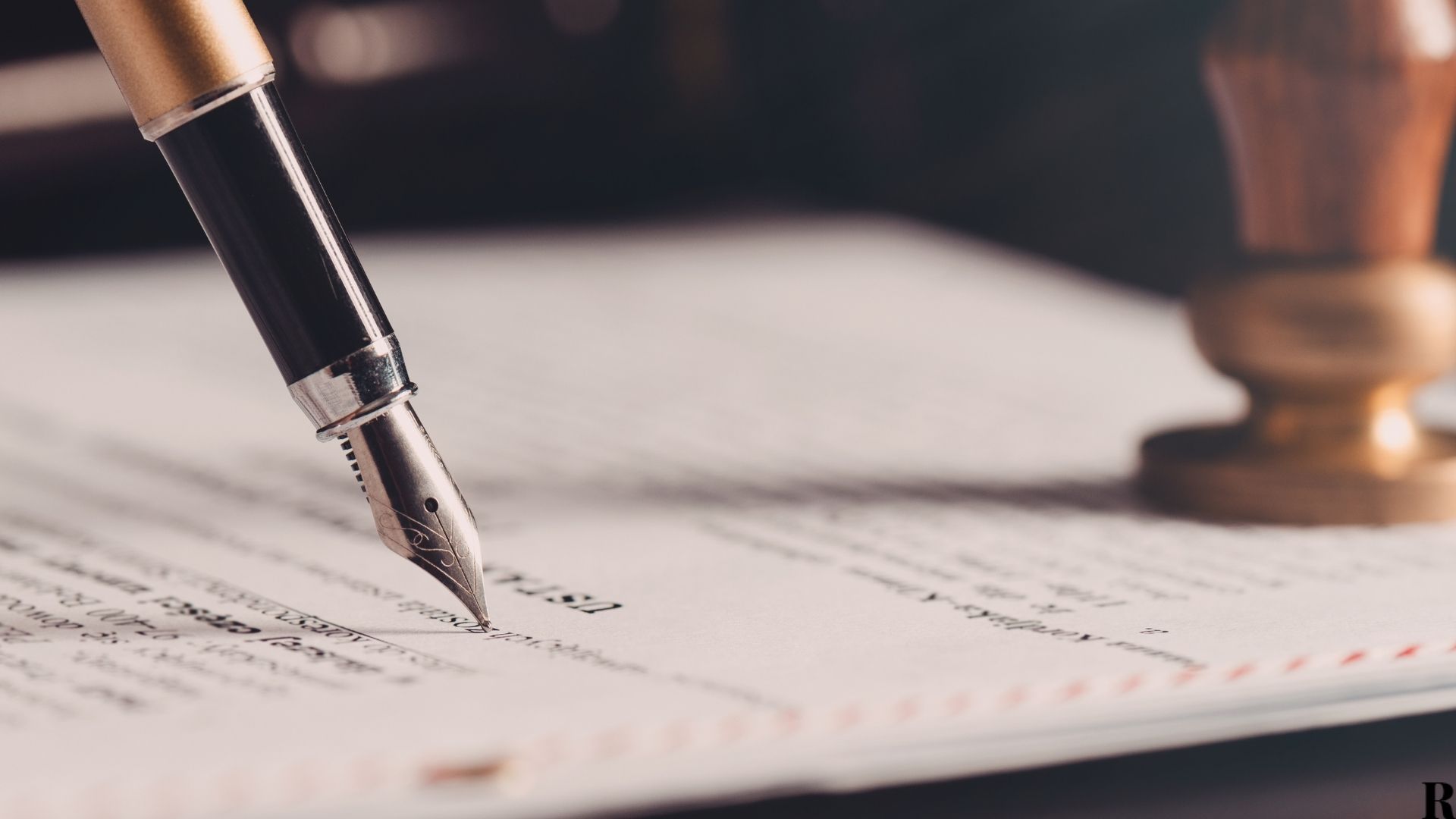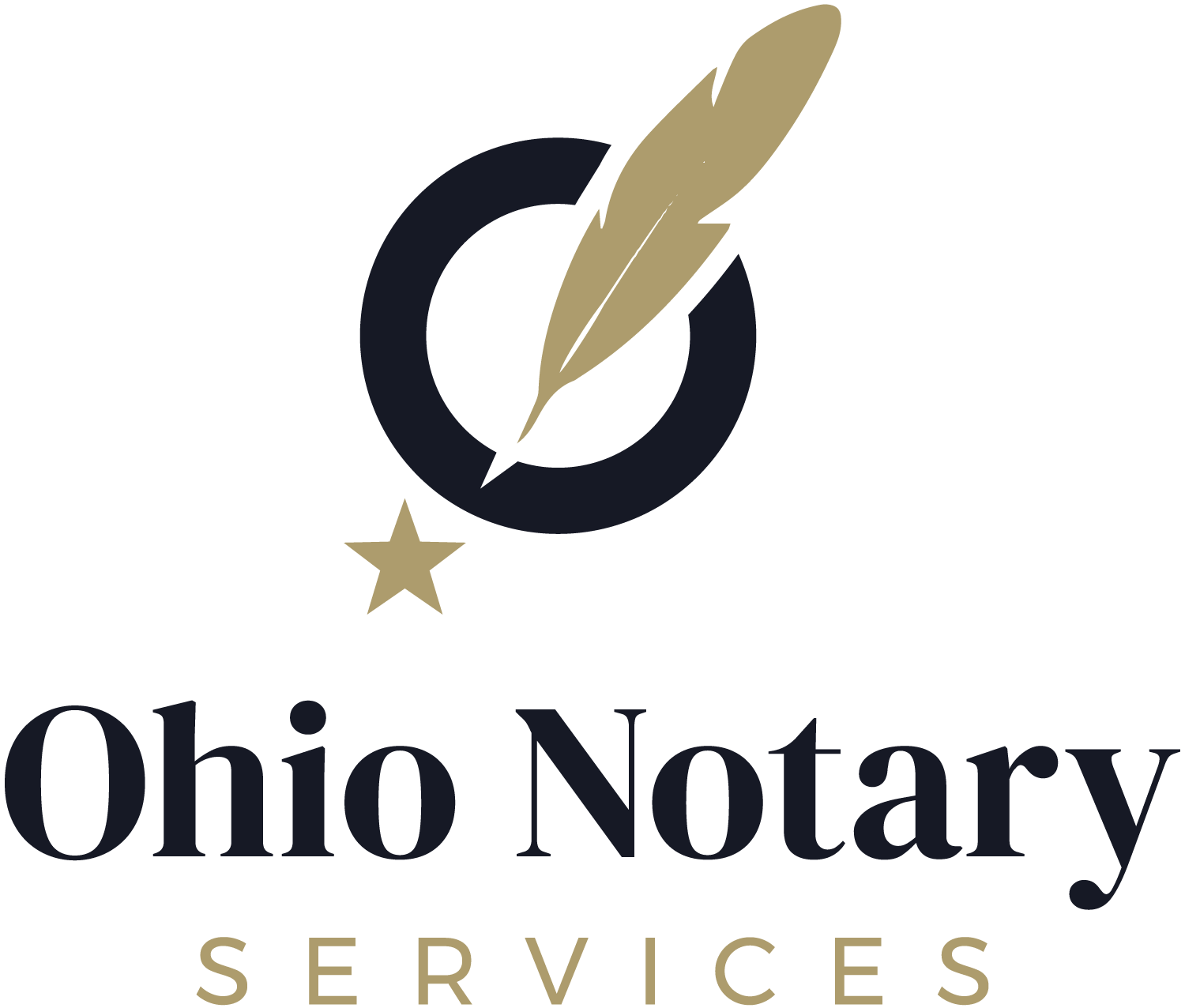Recognizing Apostille: Simplifying International File Legalisation
Recognizing Apostille: Simplifying International File Legalisation
Blog Article
Debunking Notarial Job: Streamlining the Function and Significance of Notaries
Their role, typically shrouded in secret for many, lugs substantial weight in guaranteeing the credibility and honesty of crucial documents. By unraveling the complexities surrounding notarial practices and losing light on the importance of their acts, a more clear understanding emerges of the important role notaries play in upholding the fabric of lawful and contractual arrangements.
The History of Notarial Job
The history of notarial job dates back to old people, where scribes played a critical function in videotaping vital info and verifying papers. This led to the growth of notaries, people selected by the state to act as neutral witnesses in legal matters.
During the Center Ages, notaries gained importance in Europe, with their functions increasing to consist of drafting legal files, licensing signatures, and preserving records. The rise of international trade additionally highlighted the relevance of notarial job in validating agreements and arrangements across boundaries.
In the modern-day era, notaries continue to play an essential function in legal and business purchases by confirming identifications, confirming the authenticity of files, and stopping fraudulence. Their duty in licensing the legitimacy of arrangements includes a layer of security and depend the ever-evolving landscape of commerce and law.

Duties and Obligations of Notaries
Notaries play an essential duty in confirming the authenticity of files and the identification of notaries. One of their key responsibilities is to witness the signing of vital papers, such as wills, acts, and agreements, to make certain that all parties are getting in right into agreements knowingly and voluntarily.
They accredit duplicates of initial papers, supplying guarantee to institutions that the copies are real reproductions of the originals. In general, the obligations and duties of notaries are important in safeguarding the integrity and legality of different records and purchases - Deceased Estate.
Notarial Certificates and Signatures
Exhibiting precise interest to information, notarial certificates and signatures work as essential parts in verifying the credibility of lawful records. Notarial certifications generally include essential details such as the date of notarization, the names of the signatories, a description of the record, and the notary's official seal. These certificates provide a clear document of the notarial act, making certain that the record can be quickly identified and traced back to the notary that looked after the process.
Trademarks play a pivotal role in notarial work, as they represent the agreement and approval of the celebrations included. Notaries thoroughly witness the signing of records to validate the identification of the signatories and validate that they are signing of their own free choice. By affixing their official seal and trademark to the file, notaries accredit that the necessary procedures have been adhered to which the document is legitimate and enforceable.
Basically, notarial certificates and trademarks are the hallmark of credibility in lawful transactions, giving assurance to all events involved that the papers are genuine and binding.
Significance of Notarial Acts

Notarization Process Clarified
The registration procedure typically starts with the individual presenting the document to a notary public. Once the identification is validated, the notary makes sure that the private signing the document does so voluntarily and without any kind of coercion.
Final Thought

Notarial certifications commonly contain important details such as the date of notarization, the names of the notaries, a description of the record, and the notary's main seal. These certificates offer a clear document of the notarial act, making certain that the document can be quickly determined and mapped back to the notary who supervised the procedure.
By fastening their main seal and signature to the my review here paper, notaries license that the needed treatments have been adhered to and that see it here the document is legitimate and enforceable.
By verifying the identification of the notaries, confirming their determination to get in into the agreement, and certifying the day and location of the finalizing, notaries play an important duty in upholding the validity of legal documents.After the record is authorized, the notary will attach their official seal or stamp onto the document.
Report this page